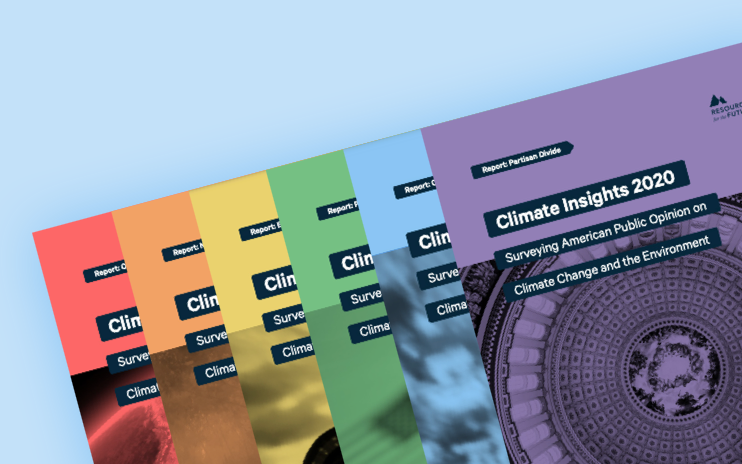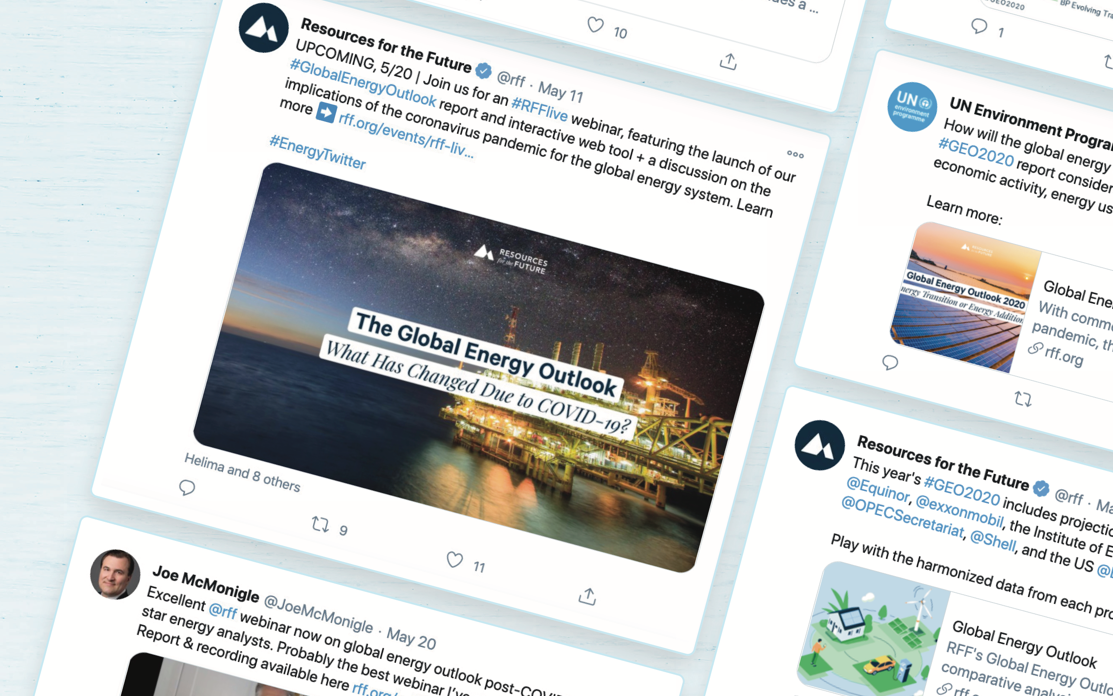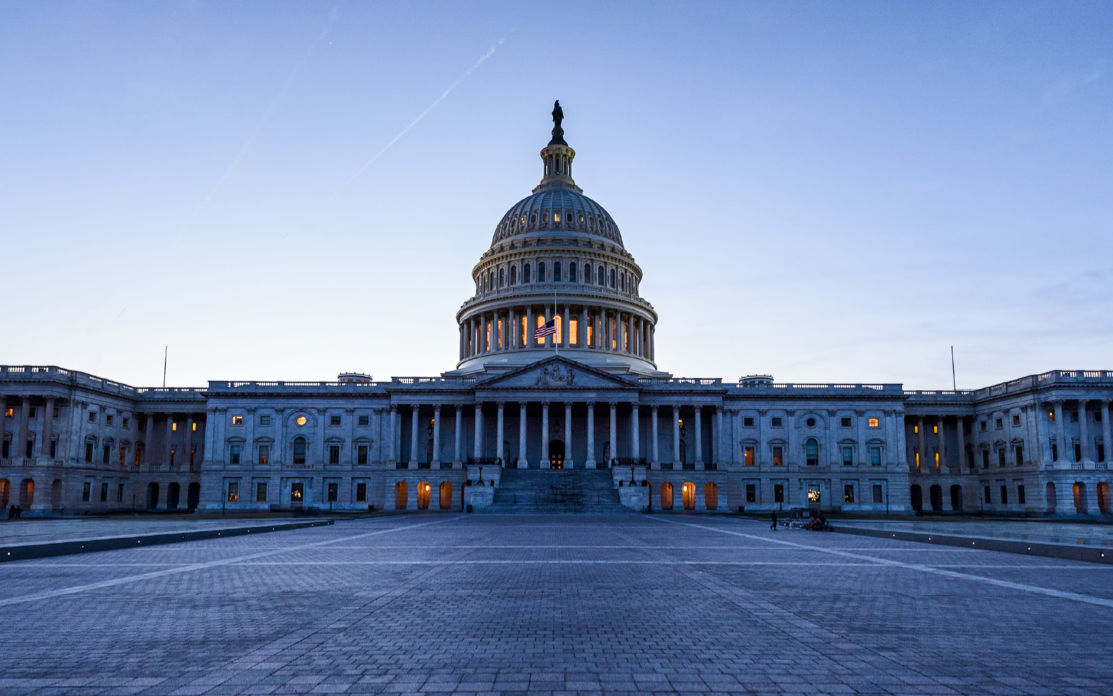Ideas for Impact
Exploring 10 RFF impact stories from 2020
At Resources for the Future, we work to improve environmental, energy, and natural resource decisions through impartial economic research and policy engagement. We do this by transforming the way decisionmakers and the public think about problems; by quantifying issues leaders care about; and by bringing stakeholders together to learn from one another and find common ground. On this page you’ll find a selection of these activities during 2020 and discover how RFF’s “ideas for impact” are helping the world tackle climate change, confront global risks, and build resilience to economic and environmental uncertainty.
Watch the Video
1. Shining a Light on Shifting Climate Sentiments
2. Designing Smart Emissions Reduction Strategies
3. Uncovering the Local Economic Benefits of National Monuments
4. Confronting Climate Risks and Building Resilience
5. Examining Energy Trajectories Amid Historic Declines
6. Offering Insights and Expertise for Capitol Hill Decisionmakers
7. Advancing Fairness for Workers and Communities in Transition
8. A Novel Idea to Put Energy Workers Back to Work
9. Making Research Accessible
10. Connecting Experts and Decisionmakers through Flagship Events
This research isn’t possible without your support. Find out more about working together to build “ideas for impact” in the years ahead.









